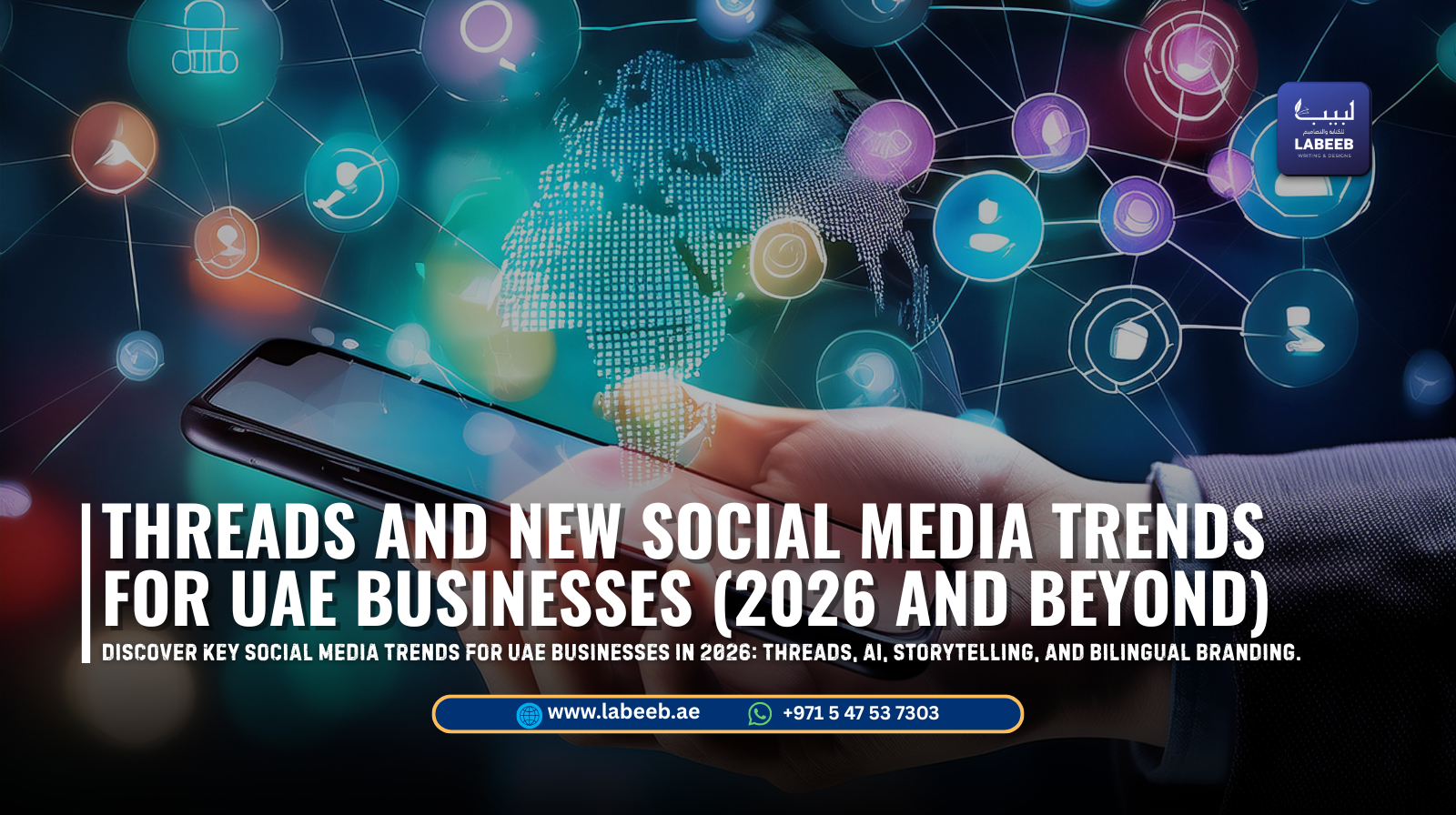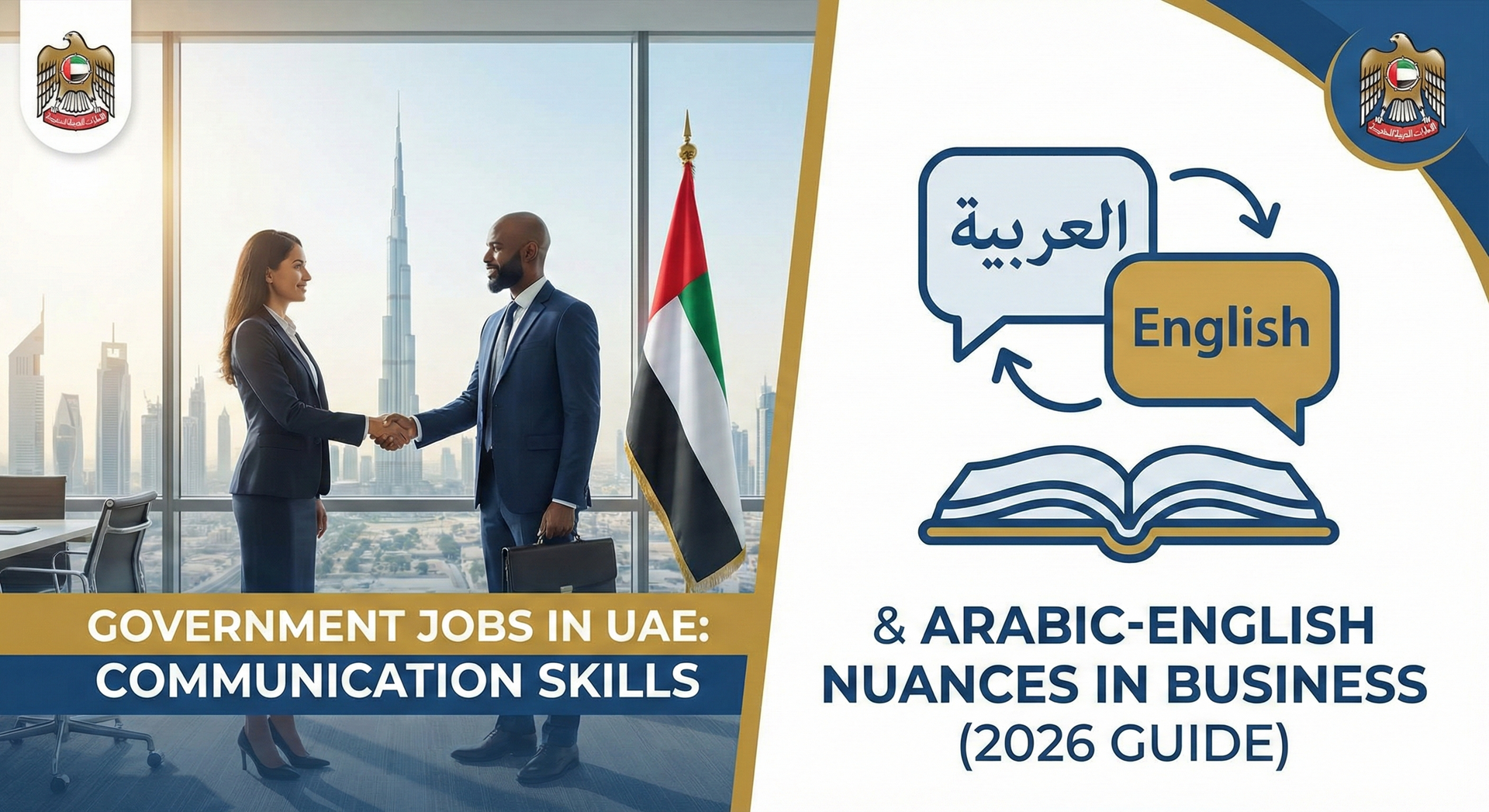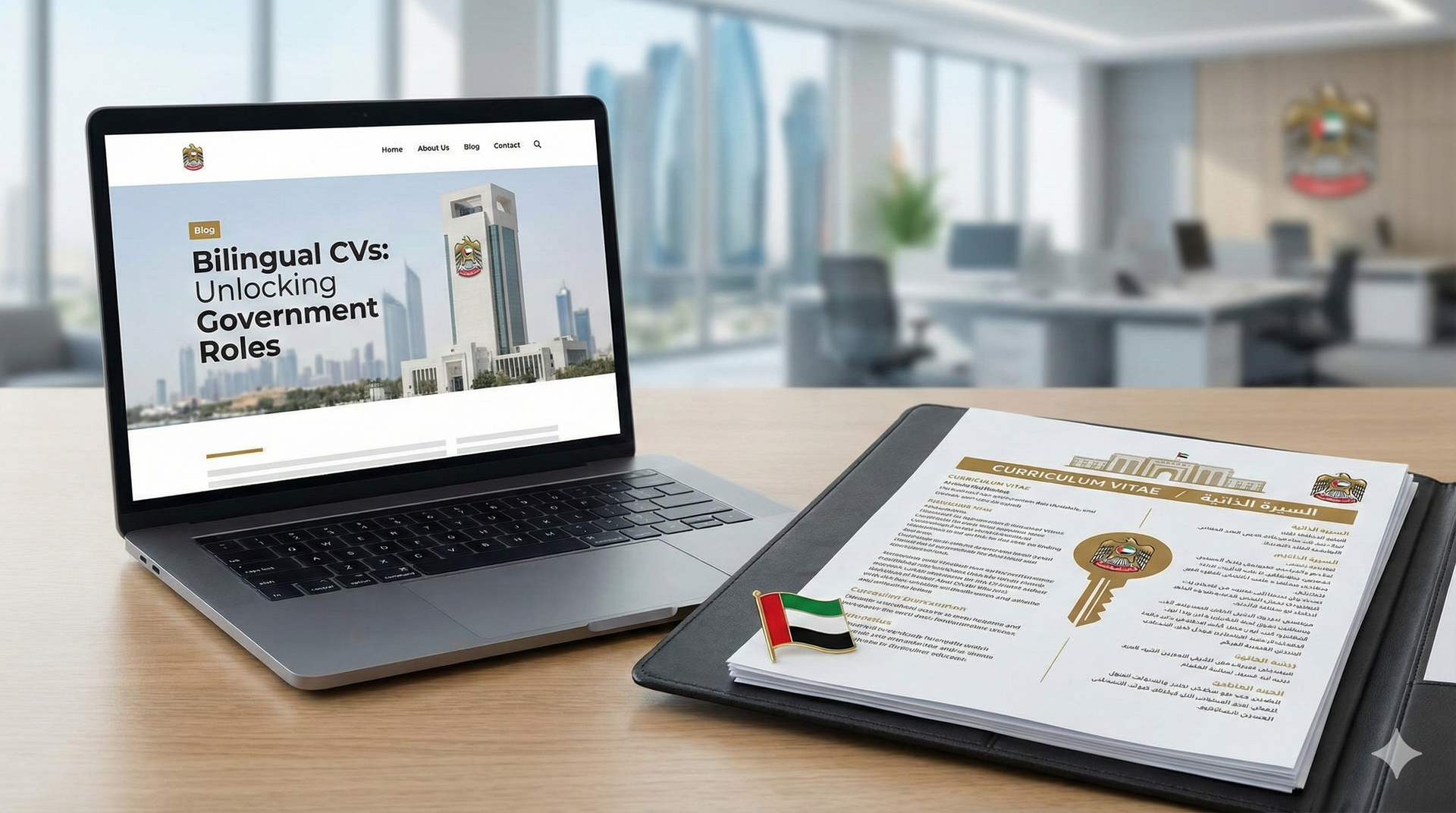Future of ATS in the GCC: Trends to Watch in 2025–2030
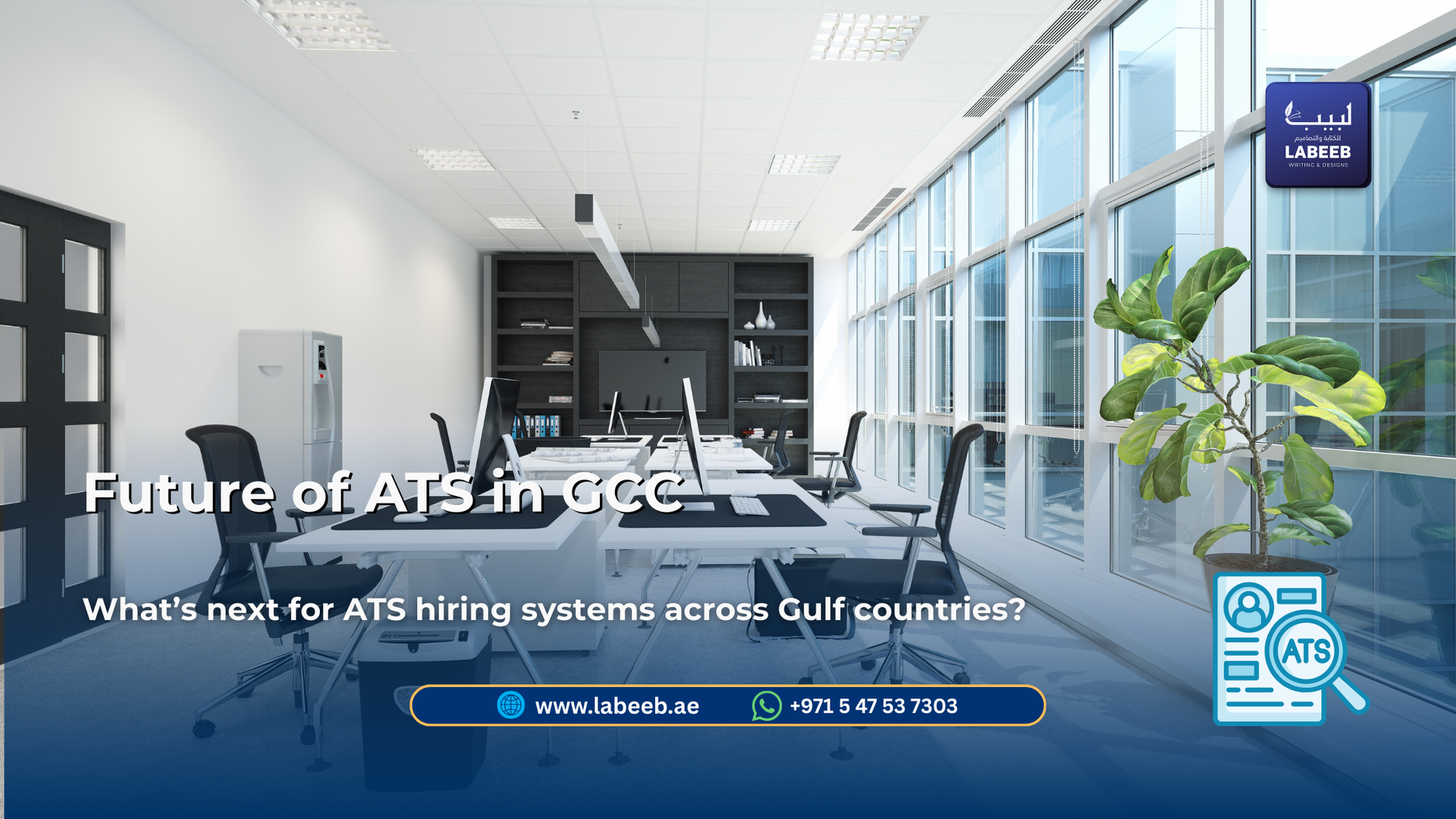
The job market in Dubai, Abu Dhabi, and the wider GCC is evolving rapidly. With digital transformation, AI adoption, and government initiatives driving automation, recruitment is no exception. Applicant Tracking Systems (ATS)—already central to how companies screen resumes—are set to become even more sophisticated in the next five years.
For professionals, students, and job seekers across the Gulf, understanding the future of ATS from 2025 to 2030 is essential. Employers are moving toward smarter, AI-driven tools that don’t just filter resumes but actively predict candidate success.
In this blog, we’ll cover:
- The current state of ATS in the UAE and GCC.
- Key trends shaping ATS technology from 2025–2030.
- How AI and automation will impact resume screening.
- The role of localization and GCC-specific hiring practices.
- What job seekers can do now to stay future-ready.
- Predictions for how recruiters and applicants will interact with ATS.
- How Labeeb Writing & Designs helps job seekers adapt.
The Current ATS Landscape in the GCC
Today, most mid-to-large companies in the UAE, Saudi Arabia, Qatar, and other GCC nations use ATS platforms. Commonly used systems include:
- Oracle Taleo
- SAP SuccessFactors
- Workday
- Greenhouse
- iCIMS
These platforms already handle resume parsing, keyword matching, and candidate ranking. However, limitations remain: traditional ATS can misread formatting, ignore transferable skills, or fail to recognize GCC-specific qualifications (like DHA, MOH, or VAT compliance).
This is where the next generation of ATS systems comes in.
Future Trends of ATS in the GCC (2025–2030)
1. AI-Powered Screening Will Become Standard
By 2030, almost all major GCC companies will use AI-driven ATS. Instead of just scanning for keywords, AI will:
- Analyze career growth patterns.
- Recognize related skills (e.g., “data analytics” linked to “business intelligence”).
- Predict candidate success using machine learning models.
2. Increased Localization of ATS
Global ATS platforms will integrate GCC-specific compliance and terminology.
- Healthcare ATS will prioritize DHA/MOH/DOH licenses.
- Finance ATS will filter for VAT compliance, IFRS, and GCC tax law.
- Education ATS will highlight KHDA standards and bilingual teaching.
3. Video and Voice Analysis Integration
Future ATS may evaluate video resumes and recorded interviews. AI will assess:
- Communication style.
- Confidence and tone.
- Language proficiency (Arabic/English).
This trend aligns with Dubai’s emphasis on digital-first recruitment.
4. Skills-Based Hiring Over Job Titles
Instead of filtering only by job titles, ATS will scan for specific skills and certifications. For example, someone without “Project Manager” in their title but with PMP certification and Agile experience may be shortlisted.
5. Predictive Analytics for Retention
Companies will use ATS to predict not just who can do the job, but who is likely to stay longer. AI will analyze past job changes, contract durations, and cultural fit.
6. Seamless Integration with Job Portals
ATS will sync directly with platforms like LinkedIn, Bayt, and Naukri Gulf, eliminating manual uploads. Candidates may apply with one click, and ATS will extract complete career histories.
7. Multi-Language Resume Processing
As the GCC attracts global talent, ATS will process resumes in Arabic, English, Hindi, and French seamlessly, giving bilingual candidates an advantage.
8. Mobile-First ATS Systems
By 2030, over 80% of applications in Dubai are expected to come from mobile devices. ATS will prioritize mobile-friendly CV parsing and allow candidates to complete applications via WhatsApp, SMS, or mobile apps.
9. Enhanced Bias Reduction
Future ATS will focus on diversity and inclusion, hiding candidate names, gender, or nationality in initial screening. This aligns with GCC initiatives promoting fair hiring.
10. Integration of Blockchain for Credentials
ATS may use blockchain to verify degrees, licenses, and certifications instantly, reducing fraudulent claims. For example, DHA or PMP certifications could be verified in seconds.
How AI and Automation Will Impact Job Seekers
For professionals in Dubai and the GCC, these trends mean:
- Keywords alone won’t be enough: ATS will look for context and skills.
- Soft skills will matter more: Communication, teamwork, and adaptability may be analyzed in interviews or video submissions.
- Certifications will carry greater weight: PMP, CFA, DHA, TESOL, and similar certifications will be prioritized.
- Consistency is key: Your CV, LinkedIn, and cover letter must align perfectly for AI validation.
What Job Seekers Should Do to Prepare (2025–2030)
1. Invest in Continuous Learning
Stay ahead by updating certifications and adding GCC-relevant qualifications.
2. Optimize Resumes for AI
Use natural language, measurable achievements, and contextual phrases.
3. Strengthen LinkedIn Profiles
Future ATS will sync with LinkedIn data—make sure your profile is as strong as your CV.
4. Practice Video Interviews
As ATS integrates video analysis, practice answering common UAE interview questions on camera.
5. Stay Mobile-Friendly
Use simple, scannable resumes that work well on mobile uploads.
Predictions: The GCC Recruitment Experience in 2030
- Job seekers will apply through AI chatbots on company websites.
- ATS will shortlist candidates within seconds of submission.
- Video resumes will become common in hospitality, aviation, and customer-facing industries.
- UAE-specific ATS modules will dominate healthcare, finance, and education.
- Personal branding across CV, LinkedIn, and online presence will be mandatory.
Case Studies: How Future-Ready Resumes Succeed
Case 1: Aisha – Marketing Professional, Dubai
By aligning her resume with AI-style keywords like “SEO optimization for UAE retail,” Aisha future-proofed her CV and landed a role in digital marketing.
Case 2: Khalid – Civil Engineer, Saudi Arabia
Khalid included certifications and GCC-specific project experience. Future-ready ATS ranked him in the top 5% of applicants.
Case 3: Maryam – Teacher, Abu Dhabi
Maryam highlighted bilingual teaching (Arabic-English) and KHDA compliance, making her CV stand out to education-focused ATS.
How Labeeb Helps GCC Job Seekers Stay Ahead
At Labeeb Writing & Designs, we don’t just write resumes—we build future-ready career documents that align with the latest ATS and AI trends.
Our services include:
- Professional CV Writing – ATS and AI-compliant.
- Cover Letter Writing – Tailored for Dubai and GCC recruiters.
- LinkedIn Optimization – Ensures recruiter visibility.
- Interview Preparation – Helps you succeed in AI-powered hiring processes.
With our expertise, you’ll be prepared not just for today’s recruitment—but for the future of hiring in the GCC.
Conclusion
The future of ATS in the GCC will be shaped by AI, automation, and localization. From predictive analytics to video interview screening, hiring in Dubai and across the Gulf will become more advanced between 2025 and 2030.
For job seekers, the message is clear: adapt early, update skills, and optimize your career documents for AI. With the right strategy, you can stand out in an increasingly automated job market.
And if you want a guaranteed advantage, let Labeeb Writing & Designs craft future-ready resumes, cover letters, and LinkedIn profiles that pass ATS filters today and tomorrow.
FAQs
1. Will ATS in Dubai still rely on keywords in 2030?
Yes, but AI will focus on context and skills, not just exact keyword matches.
2. Will video resumes become standard in the UAE?
Yes, especially in hospitality, aviation, and customer-facing industries.
3. How will ATS reduce bias in the GCC?
Future ATS will hide names, gender, and nationality to focus on skills.
4. What industries in the GCC will see the biggest ATS advancements?
Healthcare, IT, education, finance, and aviation will adopt advanced ATS first.
Arabic Summary (ملخص بالعربية)
تشهد أنظمة التتبع الوظيفي (ATS) في الخليج تطورًا سريعًا مع دخول الذكاء الاصطناعي والتحليلات التنبؤية بين عامي 2025 و2030. ستعتمد الشركات في دبي وأبوظبي والرياض بشكل أكبر على ATS لفحص السير الذاتية، تحليل المهارات، والتنبؤ بمدى نجاح الموظفين. لذلك يجب على الباحثين عن عمل تحديث سيرهم الذاتية باستخدام لغة طبيعية، كلمات مفتاحية محلية مثل "DHA License" و"VAT Compliance"، والتركيز على إنجازات قابلة للقياس. خدمات Labeeb Writing & Designs توفر سير ذاتية ورسائل تعريفية متوافقة مع المستقبل لتأمين فرص أفضل في سوق العمل الخليجي.

